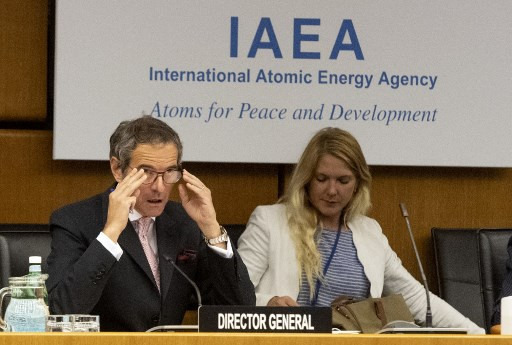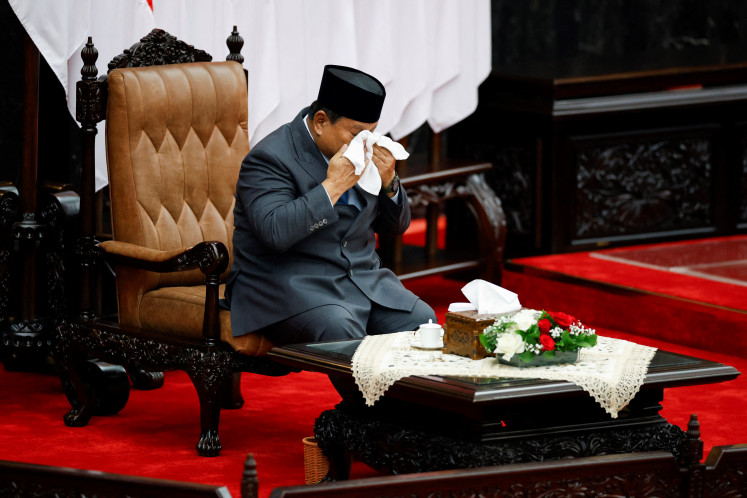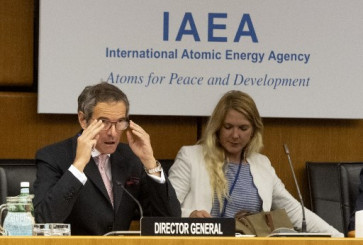Popular Reads
Top Results
Can't find what you're looking for?
View all search resultsPopular Reads
Top Results
Can't find what you're looking for?
View all search resultsJCPOA, its significance to Iran and the world
The International Atomic Energy Agency has verified – 15 times – Iran’s compliance and adherence through its surveillance and monitoring of peaceful nuclear activities.
Change text size
Gift Premium Articles
to Anyone
T
he Joint Comprehensive Plan of Action (JCPOA) on the Islamic Republic of Iran’s peaceful nuclear activities was inked by the United Nations Security Council’s five permanent (P5) members – China, France, Russia, the United Kingdom and the United States – plus Germany on one side and Iran on the other in Vienna, Austria, on June 14, 2015, and was adopted by the UNSC in Resolution 2231 on July 20, 2015.
But as Donald Trump took the saddle of the US presidency and rode into the Oval Office, he trampled on this international agreement, which resulted not only in the US’ withdrawal on May 8, 2018 but its unilateral exertion of more sanctions, which ran the implementation of the JCPOA into numerous problems.
Yet, in spite of vicissitudes during past years, the JCPOA, exerting toils and entente of the Islamic Republic of Iran, is still alive and the world’s effort to safeguard it indicates the multilateralism significance of this international deal in the political, security and economic gamut not only for its signatories but for the international community.
The JCPOA was concluded over a 20-month course of events during 12 years of negotiations in 2015. At first sight, it was implausible for many observers to reach a diplomatic deal in an ambience of mistrust, tautness and sanctions. Henceforward, the JCPOA is considered a potpourri of international multilateralism, American unilateralism and exceptionalism, which signposts its importance.
The multilateral diplomacy among Iran and world powers provided a win-win situation; in other words, it produced common understanding, balance in commitments and tangible guarantees from all the parties involved. Furthermore, the deal having been concluded by all sides, the UNSC, as the only political-security and legal authority for safeguarding the international security and peace, officially supported the deal in resolution 2231, elevating the JCPOA to international law level, and made it legally binding.
Nonetheless, Trump put the world in a shocking situation by withdrawing the US from the Iran deal. Following this, the remaining parties 4+1 and Iran (including China, Russia, France, Germany and the UK) in the deal, began their extensive efforts to save the JCPOA.
Throughout four years of crippling pressure, whether political or economic in the framework of trade war, during Trump’s term, which has been implemented by “maximum pressure” against the Islamic Republic, Iran has never abandoned its international commitments. Interestingly, the International Atomic Energy Agency has verified – 15 times – Iran’s compliance and adherence through its surveillance and monitoring of peaceful nuclear activities.



















